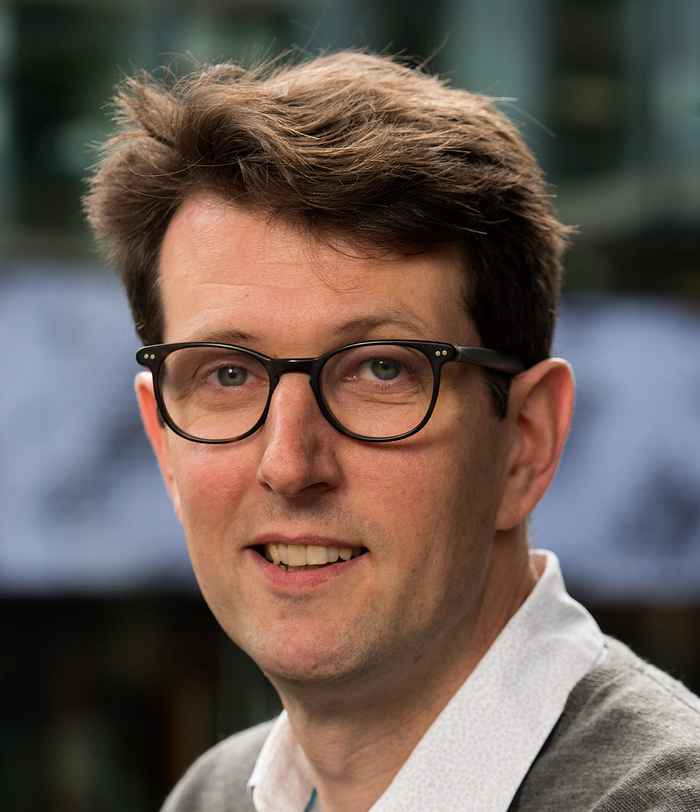Parallel Computing Systems (PCS)
Extra-functional behaviour of computer systems in full glory.
Our research in studying the full range of extra-functional behaviours in parallel computing systems, from single-chip multicore systems to distributed computer systems, is unique in The Netherlands, and even beyond.Andy Pimentel, chair of the group.

Research
The Parallel Computing Systems (PCS) group is part of the Informatics Institute at the University of Amsterdam. It is the foremost research group in The Netherlands in the field of system optimization of computer systems. The PCS group looks at system performance, power/energy consumption, but also the degree of productivity to design and program these systems: the extra-functional behaviour of computer systems in full glory.
The top research of the PCS group is indispensable for developments within, for example, Artificial Intelligence. In order to be able to cope with the increasingly demanding calculations in computer science, it is essential that computer systems become faster and more efficient. Without the skills of researchers within computer systems, AI, amongst others, was certainly not where it is today.
Questions that the PCS researchers try to answer are essential in times when we are increasingly dependent on the optimal functioning of computer systems. How to guarantee that an airbag inflates at exactly the right time? How do you make the computer system so energy efficient that the battery does not drain too quickly? How can a computer system adapt itself automatically as a defense when under attack? All examples of topics in which the PCS group makes a big difference.
Facts & Figures
All members of staff within the group play a prominent role within their own field at a national and international level. The design methodologies developed by the group over the past years.
Partnerships & collaborations
The research focus of the group is fundamental, but always problem-driven. Collaboration through private-public partnerships with large industrial companies such as ASML, Philips, NXP, Thales Nederland and STMicroelectronics they ensure a reality check on their research.
A great example is the iDAPT project in which researchers develop models for ASML that use real-time data to detect and predict whether an error will occur in their chip lithography machines, which basically are huge ‘chip printers’. Important research, because an idle ASML machine costs millions of dollars.
Future mission
These exciting and relevant questions are just a tip of the iceberg
PCS positions itself primarily in the research theme Systems & Networking with clear links to AI and Data Science.